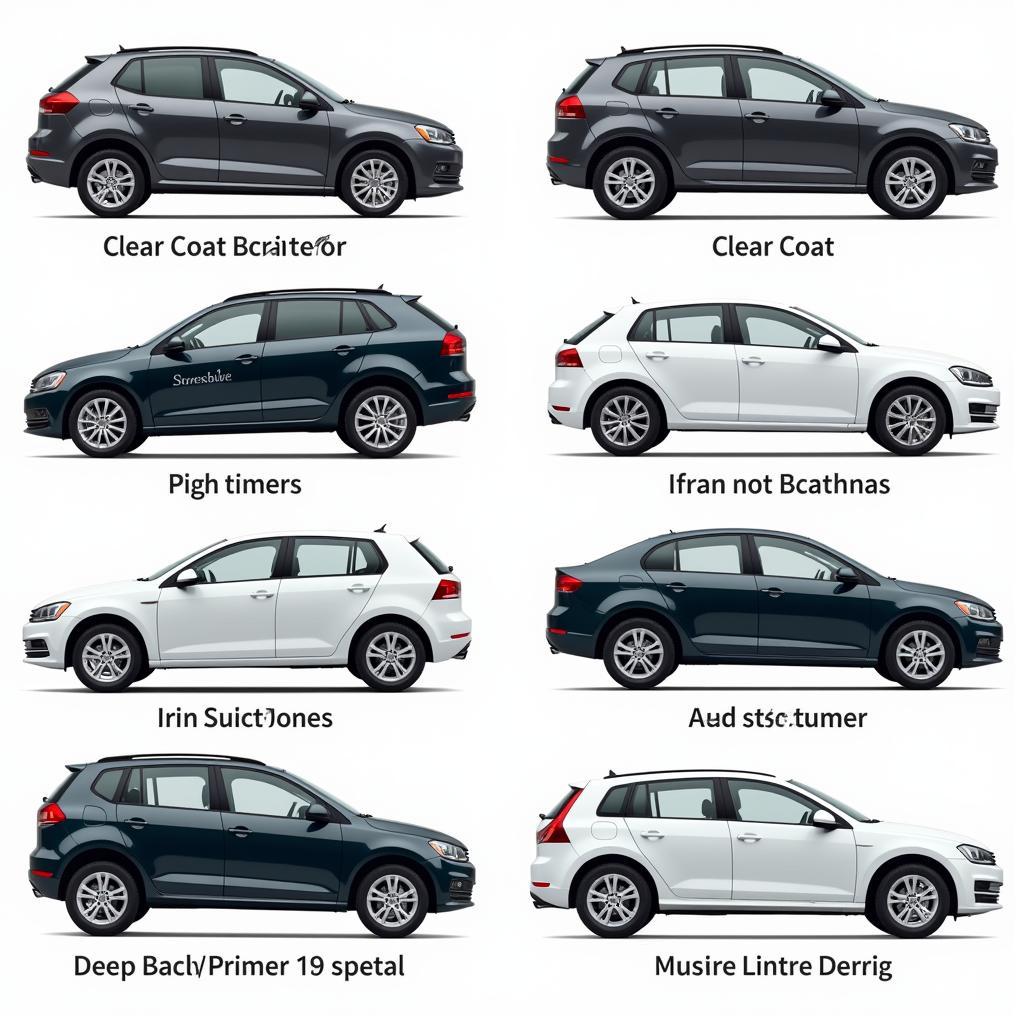It’s a common question – can you work on your own car or even help a friend out with some basic repairs without having a mechanic’s license? The short answer is, it depends. There are definitely some things you can tackle without being a professional, but some jobs require a mechanic’s expertise for safety and legal reasons.
Understanding the Law and Liability
Firstly, let’s talk about the legal side of things. In most places, it’s not illegal to work on your own car, but there are regulations around performing repairs on others’ vehicles, especially for commercial purposes.
- Mechanic’s License: If you’re planning on starting a business or charging others for repairs, you’ll most likely need a mechanic’s license. These licenses are designed to ensure that technicians have the necessary knowledge and skills to perform safe and effective repairs.
- Liability: Even if you’re just helping a friend, there’s still a risk of liability if something goes wrong. If you make a mistake and it causes damage or injury, you could be held responsible.
Determining What You Can Do
Before you start wrenching on someone else’s car, it’s important to assess your skills and the complexity of the repair.
- Basic Maintenance: Simple tasks like oil changes, tire rotations, and changing air filters are generally safe to do yourself. There are plenty of resources available online and in DIY manuals to guide you.
- Minor Repairs: Some straightforward repairs, like replacing a brake light bulb or changing a fuse, can be done without extensive training. But always refer to your vehicle’s repair manual for specific instructions and safety precautions.
- Complex Repairs: Jobs that involve electrical systems, engine work, or complex diagnostics should be left to professionals. These repairs require specialized tools, knowledge, and expertise to prevent further damage or safety risks.
“It’s always better to err on the side of caution. If you’re not sure about a repair, it’s best to take the vehicle to a qualified mechanic.” – Tom Wilson, Certified Master Automotive Technician
Resources for DIYers
If you’re confident in your abilities and want to tackle some basic repairs yourself, there are a plethora of resources to help you:
- Owner’s Manual: Your vehicle’s manual is the first place to go for information on specific repairs. It’s full of detailed diagrams and instructions for maintenance and troubleshooting.
- Online Forums: Online communities dedicated to specific car models or makes are great for finding advice and sharing experiences.
- YouTube Videos: Many mechanics and enthusiasts create comprehensive DIY tutorials that can guide you through the repair process.
- Repair Manuals: Chilton, Haynes, and other publishers create detailed repair manuals that offer step-by-step instructions and diagrams for various makes and models.
When to Call a Professional
Here are some red flags that indicate it’s time to call a professional mechanic:
- Complex Repairs: As mentioned before, any repairs involving electrical systems, engine work, or complex diagnostics are best left to professionals.
- Safety Concerns: If the repair involves brakes, steering, or suspension components, it’s crucial to have it done by a qualified mechanic to ensure your safety and the safety of others.
- Limited Resources: If you lack the necessary tools, equipment, or knowledge for the repair, it’s best to seek professional help.
- Lack of Confidence: If you’re not comfortable with the repair or unsure about any aspect of the process, it’s always better to leave it to someone with experience.
“Don’t be afraid to ask for help. It’s better to have a professional diagnose and repair a problem correctly than to risk making it worse.” – Emily Rodriguez, Certified Automotive Technician
Conclusion
While you can certainly do some basic maintenance and minor repairs on your own car, it’s important to understand the legal implications and liability involved in working on other people’s vehicles. If you’re not a certified mechanic, it’s best to leave complex repairs and safety-critical work to professionals. Remember, safety comes first, and a well-maintained car is a safe car.
If you need help with any automotive repairs, please contact AutoTipPro. We are here to help with all of your automotive needs.
Contact Information:
Phone Number: +1 (641) 206-8880
Office Address: 500 N St Mary’s St, San Antonio, TX 78205, United States
FAQ
- Can I fix my friend’s car without a license? It depends on the laws in your region. If it’s a simple repair and you’re not charging for your services, it’s generally okay. However, it’s always best to check local regulations.
- Is it safe to fix a car’s electrical system without being a mechanic? No, it’s not safe. Electrical systems can be complex and dangerous if not handled correctly. It’s best to leave these repairs to a professional.
- What are the most common car repairs I can do myself? Basic maintenance tasks like oil changes, tire rotations, and changing air filters are generally safe to do yourself.
- How can I find a qualified mechanic? Ask for recommendations from friends, family, or co-workers, or check online reviews and ratings for local garages.
- What should I do if I accidentally damage a car while trying to fix it? If you damage a car while working on it, it’s best to contact the owner immediately and explain the situation. You may be liable for the cost of repairs.
- What are some of the biggest mistakes people make when trying to fix their own cars? Some common mistakes include not following proper safety procedures, not using the correct tools, and not having a clear understanding of the repair process.
- What advice would you give to someone considering DIY car repairs? Always research the repair thoroughly, use the correct tools and safety equipment, and don’t hesitate to ask for help if you’re unsure about anything.





Leave a Reply